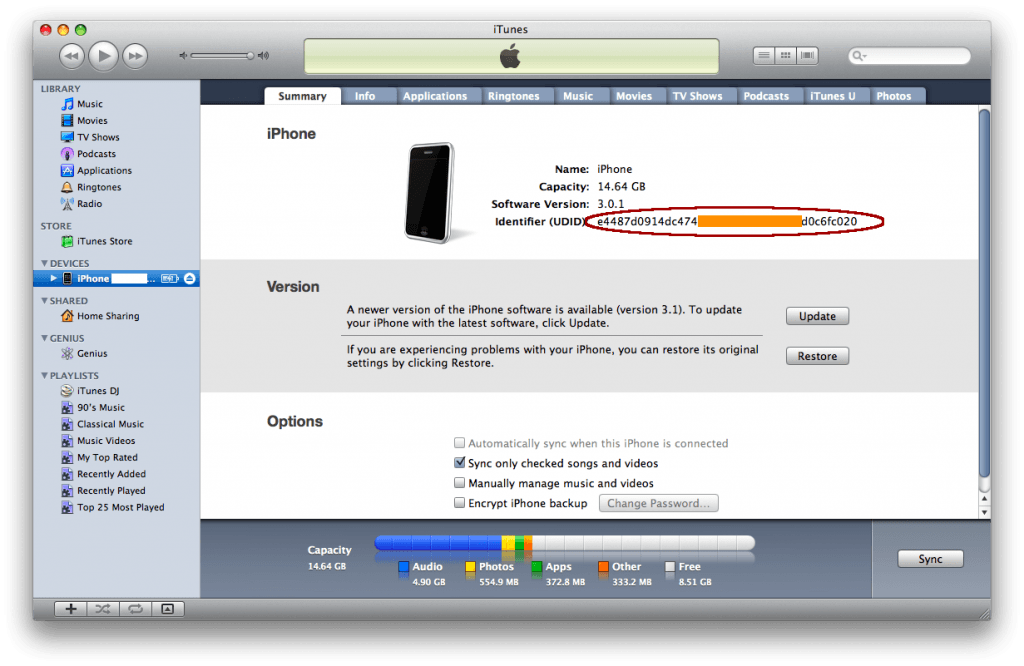
Apple has long been outspoken about the measures it goes to to keep your iPhone secure, but new documents leaked by whistleblower Edward Snowden demonstrate how the British spy agency GCHQ was able to carry out “realtime tracking of target iPhones” — by compromising users’ computers.
Rather than directly targeting the iPhones, GCHQ agents focused their attack on the computers with which the iPhones were synchronised, enabling them to access much of the data stored on the handset. The method took advantage of flaws in Apple’s UDID (unique device identifier) system, which issued a unique code for every iPhone, linking it with its owner.
The iPhone tracking report was handed over by Snowden to a group of nine journalists — including Laura Poitras, the filmmaker behind the acclaimed documentary Citizenfour.
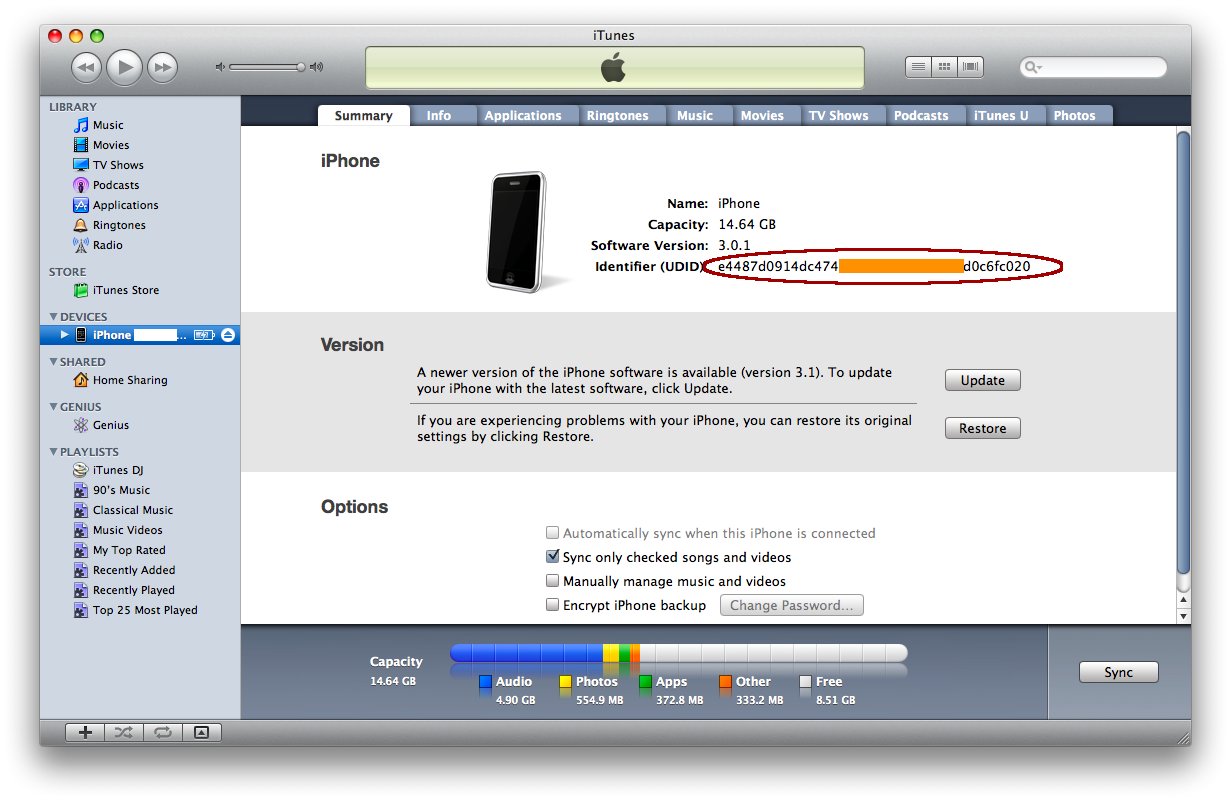
![Why You Probably Shouldn’t Install iOS 7 Right Now [Opinion] IMG_2379](https://www.cultofmac.com/wp-content/uploads/2013/06/IMG_2379.jpg)

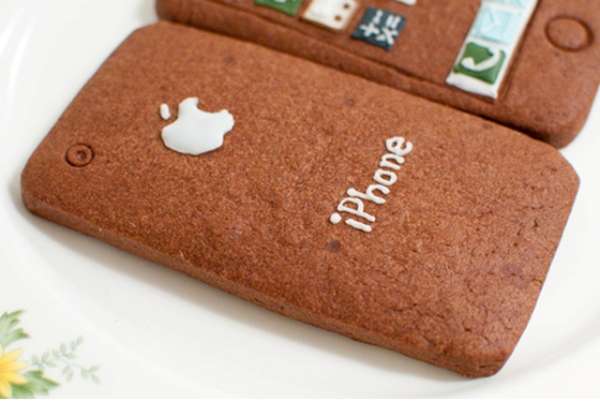
![Google Maps Boosts iOS 6 Adoption By 29% [Report] Google-Maps-iOS-6-adoption](https://www.cultofmac.com/wp-content/uploads/2012/12/Screen-Shot-2012-12-19-at-17.02.21.jpg)

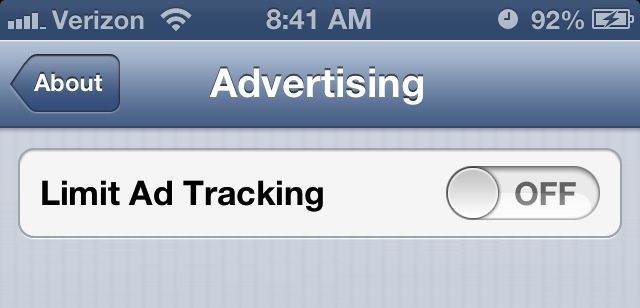


![IOS 6 Beta 3 Gets Tethered Redsn0w Jailbreak [Jailbreak] iOS 6 beta 3 is already jailbroken.](https://www.cultofmac.com/wp-content/uploads/2012/07/Screen-Shot-2012-07-17-at-12.07.58.jpg)
![Apple To Release New And Improved Device Tracking Tool For Developers [Report] iOS 8 is Apple's most privacy-conscious mobile OS yet.](https://www.cultofmac.com/wp-content/uploads/2012/06/spying-privacy-peeping-tom-peeping-through-keyhole-o.jpg)
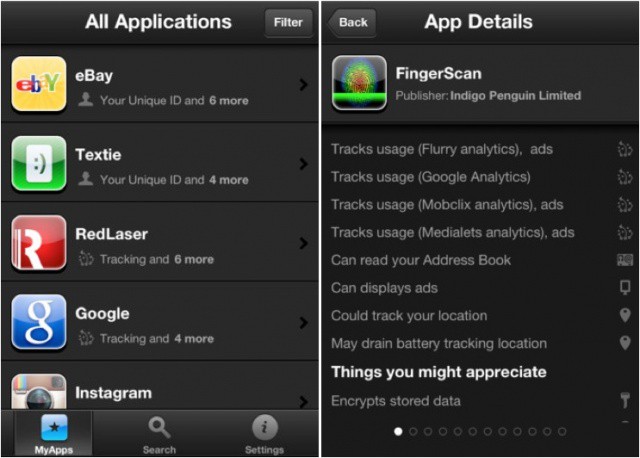
![What Is A UDID And Why Is Apple Killing Apps That Track Them? [Feature] This unique string of alphanumeric text attached to every iPhone and iPad is the source of a lot of privacy concerns.](https://www.cultofmac.com/wp-content/uploads/2012/04/Screen-Shot-2012-04-17-at-11.43.29-AM.jpg)

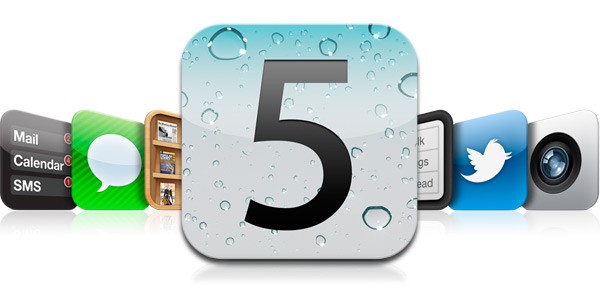
![Get Technical Information About iOS Devices To Help Support Personnel Via iTunes [OS X Tips] itunes](https://www.cultofmac.com/wp-content/uploads/2011/11/itunes1.jpg)
